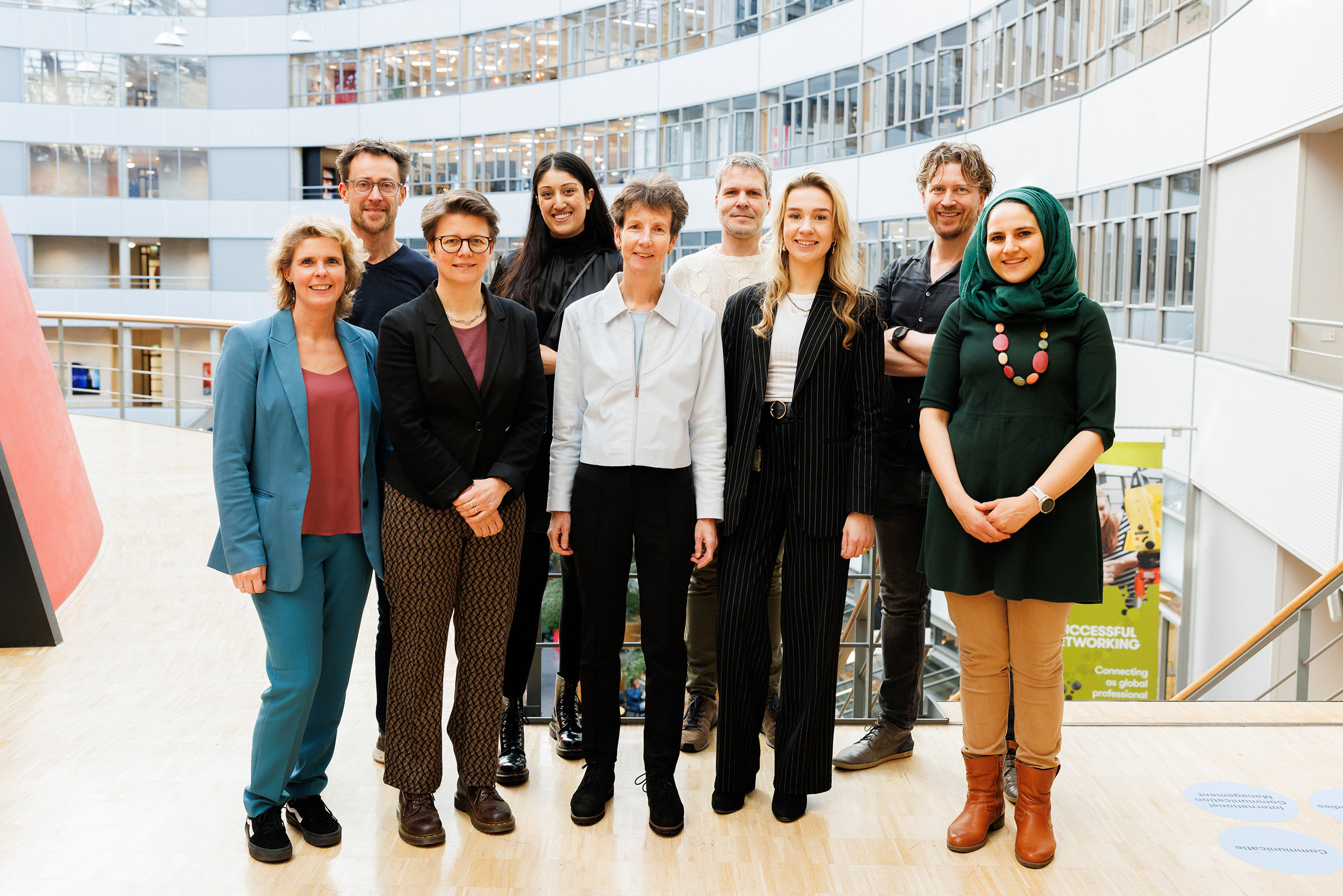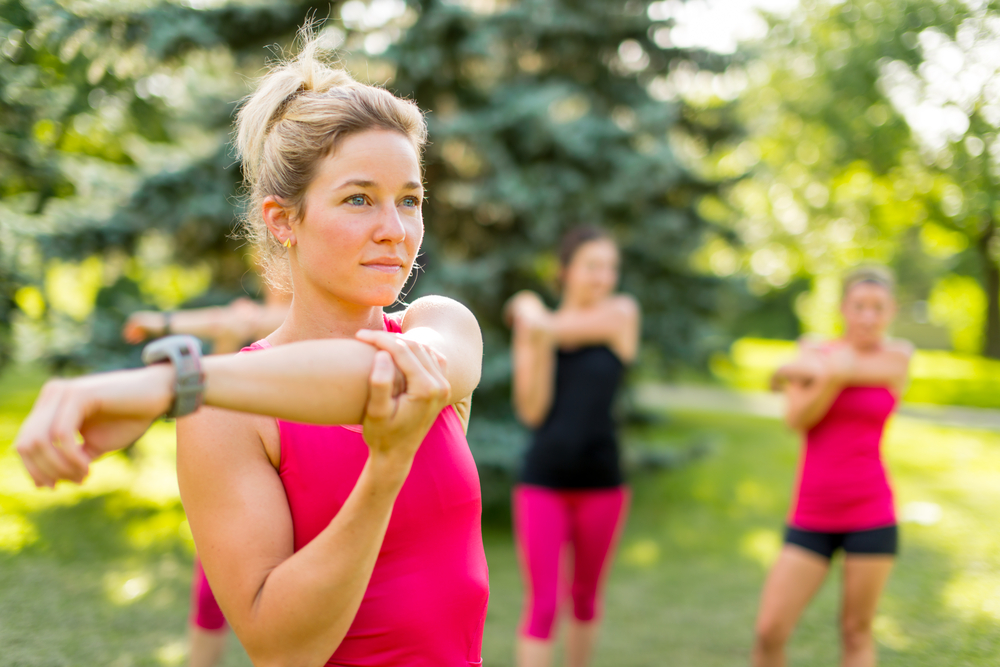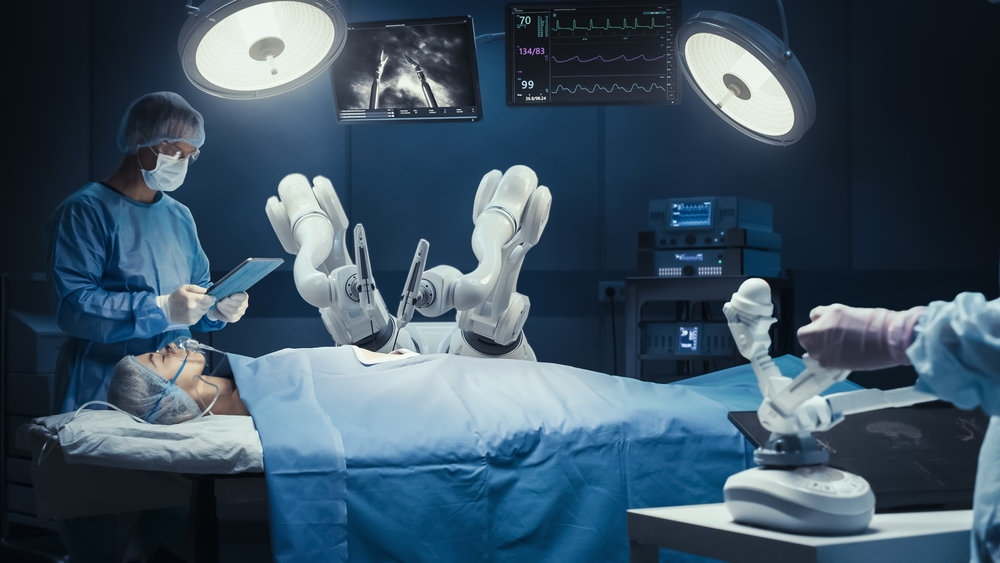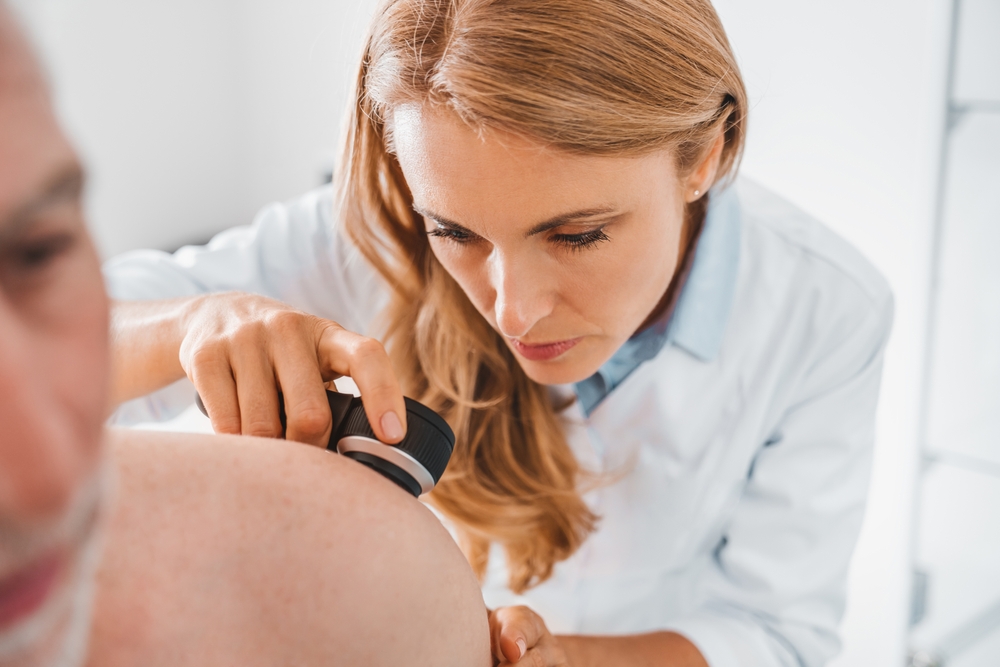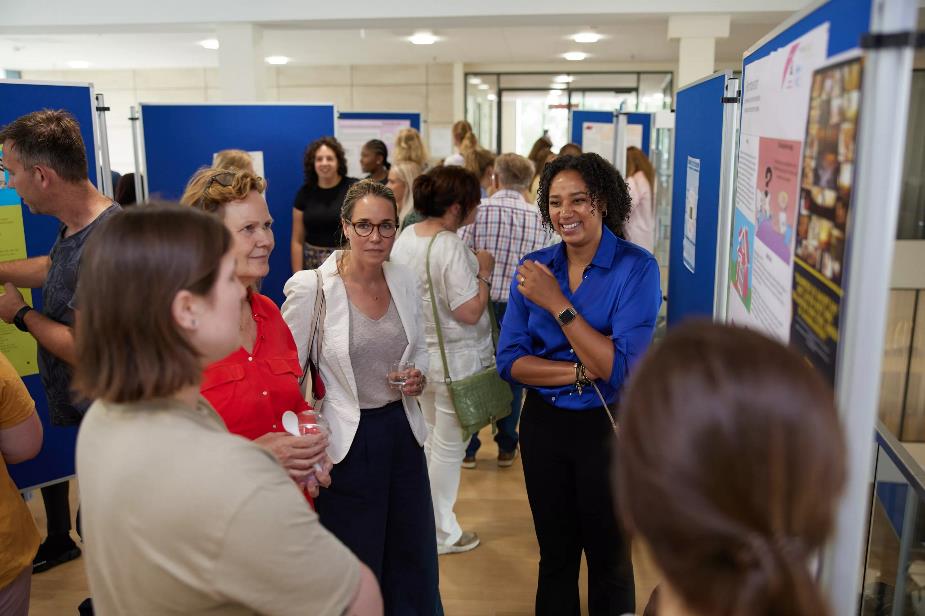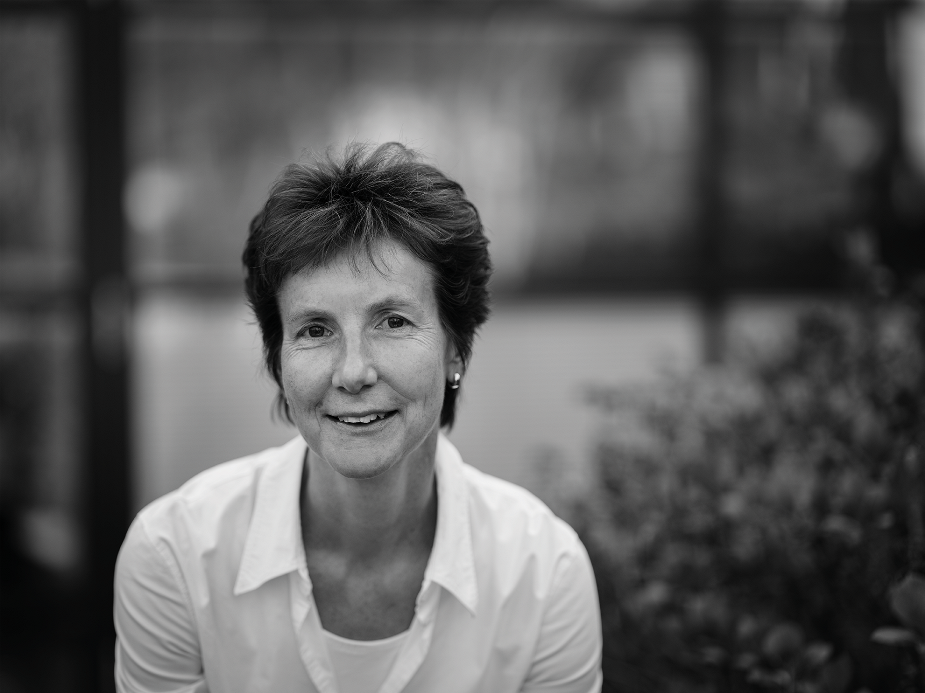Oncological Care
Centre of Expertise Health Innovation
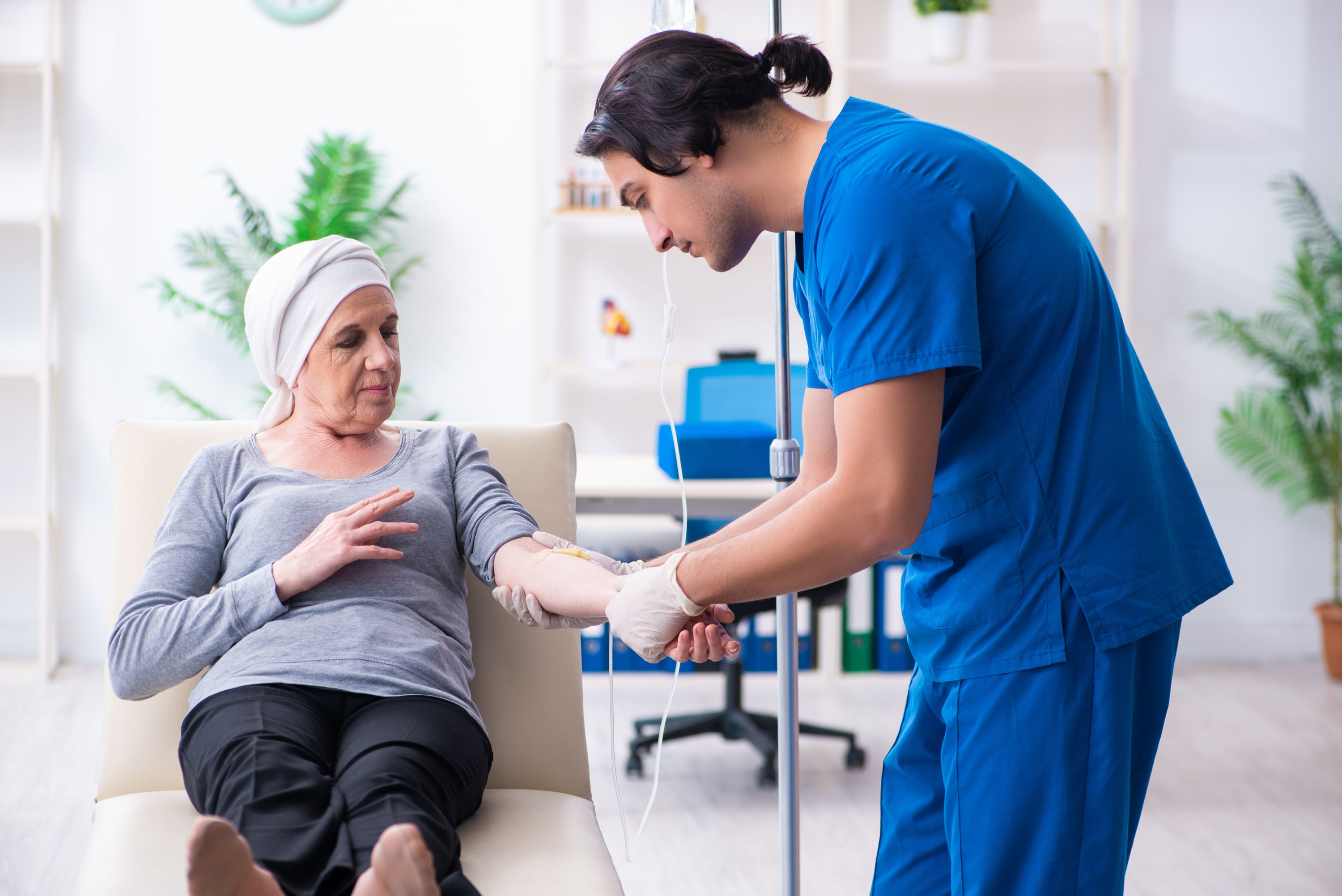
Introduction
Most patients have one desire, namely to have their health problems treated as quickly and effectively as possible. They do not want to encounter any obstacles along their ‘care path’. But, in reality, the hospital admission and discharge processes do not always run smoothly, even though better pre and post-treatment often has numerous health benefits.
About the research group
The Oncological Care research group is bridging the gap between first and second-line care and conducting research into practical applications that benefit both cancer patients and other patients. These include physical therapy in order to stay fit between two chemotherapy regimens, skin therapy to prevent or alleviate pain associated with operation scars, and home consultations using Google Glass. All of these strategies reduce the cost of care and will most likely lead to health benefits and a better quality of life in the long term.
The Oncological Care research group works together closely with the Haaglanden Medisch Centrum (HMC) and care institutions in the region. We establish studies in collaboration with these partners. This makes it possible for students to come into contact with research during a Master’s or dual degree programme in order to gain a more in-depth perspective of the field. We facilitate research opportunities in the region and work together closely with the Rehabilitation, Technology for Health and Nutrition & Dietetics degree programmes.
About the professor
dr. ir. Joke Korevaaar
Joke Korevaar is a clinical epidemiologist. After defending het PhD thesis at the AMC (2001), she worked for almost 10 more years at the department of clinical epidemiology and biostatistics, collaborating with various clinical departments. In 2010 she worked as a program leader of general practice care at the Nivel. Here, together with her team of junior and senior researchers, she conducted research in the field of GP care. She had a special focus on oncological patients in general practice. She focused especially on aftercare, the so-called 'cancer survivorship'. Which physical and psychosocial problems do patients with cancer encounter 5, 10 or 15 years after diagnosis, and is it different from peers of the same age and gender but without cancer in their past history? How can we address these long-term problems, where should this start, and who should do it? And what can be the role of technology in this? These are questions she would like to answer. She has a productive collaboration with universities of applied science, university medical centers and other hospitals in the region.
Secondary positions
- KNIL member (group on the late effects of cancer)
- VIOS Foundation board member
- NIVEL co-supervisor
- University of Groningen co-supervisor
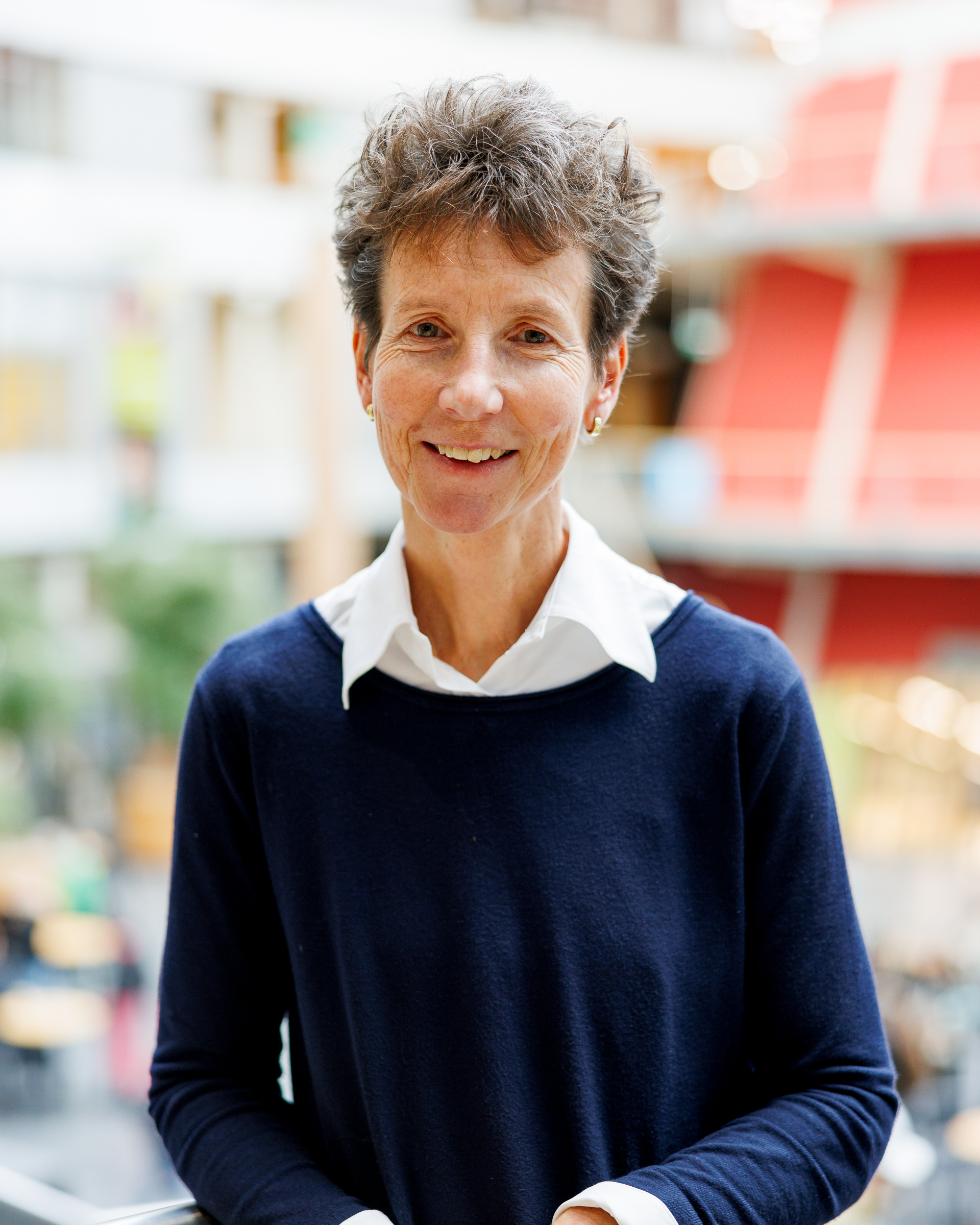
Team
Within our research group, researchers, lecturer-researchers and students work closely with practice partners to conduct research. Together they are committed to translating the results of the research -knowledge and insights- into the practice of education and the region.
